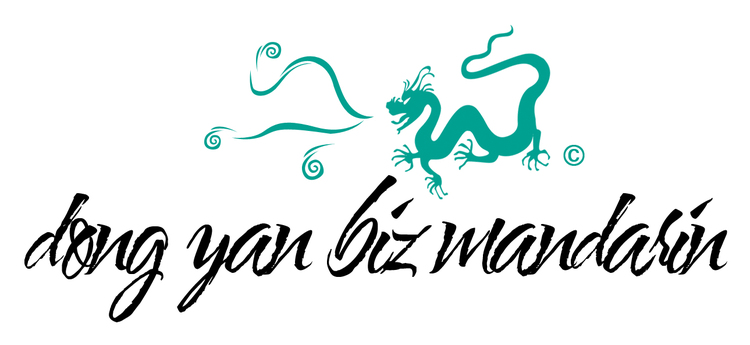Kelly - “I was entering this big shopping mall, pushing my baby in a buggy. I was holding the door and people just passed by and I was holding the door for about ten minutes. Finally I had to say, ‘hello, anybody helps? I have got a baby.’ Then the people around noticed me and got embarrassed and said ‘sorry, sorry’ and came to hold the door so that I could leave.”
Sue - “I was walking along a narrow lane and met a girl. This girl simply ignored me and didn’t give way. I had to step aside and let her pass. I feel hurt.”
Monica- “There are not many people in my condominium. I rarely meet anyone at the basement car park. Once I happened to meet this Chinese lady at the car park. She looked me up and down and our eyes met. And then she averted her eyes aside with no expression. So I had to say ‘hello, I am here. Good morning.’ She was surprised and had to said ‘good morning’. I feel so hurt.”
I feel sorry for all the unpleasant occasions. I will not try to justify all these. Anyway Chinese are not known for politeness, not yet. My explanation will only help you to understand the reasons and feel less hurt.
China is a crowded country. There are way too many people. We have learnt to ignore strangers and are very insensitive to the people surrounding us.
In Kelly’s case, since there were non-stopping flows of people coming in and out, if she had let go the door, someone would have immediately hold it. She was unlikely to bang anyone by letting go too quickly. So the people did not realize that Kelly had been holding the door as a courtesy and for quite a while. They might have thought she was holding for her family to enter. They did feel sorry when they realized what was happening.
Similarly, in Sue’s case, the girl might not realize that she was blocking the way and should have given some room for Sue to pass. Chinese are just so used to blocking and being blocked but it was the least likely that the girl was trying to show contempt to Sue.
In Monica's case, the Chinese lady was neither friendly nor natural. But that is something some Chinese might do. We have friendly and unfriendly people too.
In China, greeting strangers is uncommon. They will remain cold and aloof until they start exchanging a few words. Eye contact does not really count. (But looking people up and down is not considered as a good practice. ) But once two strangers start talking, they will soon warm up and keep the conversation going for a while.
Once I mentioned to some Chinese about how the no-greeting-to-strangers practice upsets the westerners, they were quite shocked and said “ooh, we have never realized that!” Then they laughed and commented, “wouldn’t it be too tiring if you greet every stranger along the street?” I guess no if you greet 30 a day but yes if it is 300 and with some content.
If you want Chinese to warm up and the ice melt, start chatting a bit with them. But if they are not someone you would care to chat with…you can ignore them, too.
Still, if you smile and greet a Chinese you don’t know, how would they feel? In most cases, they will feel pleased. But "haven’t you heard about cheats who will greet you with all smiles ...so it will do no harm to be a bit cautious…"
